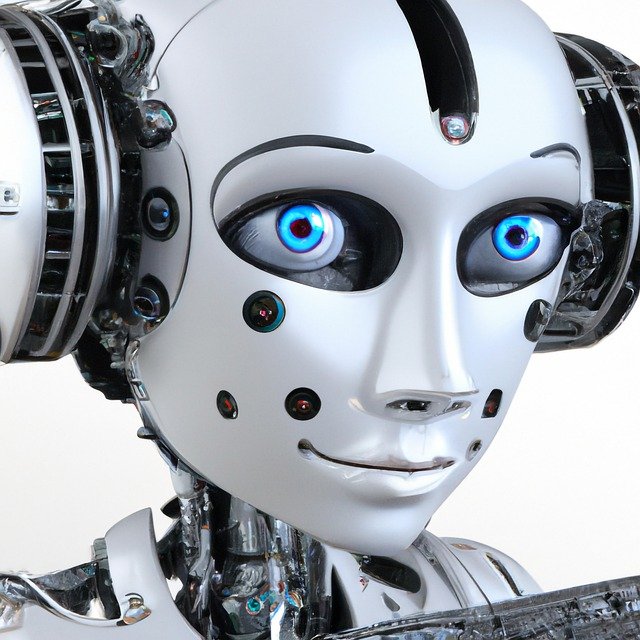Section 1: Introduction to AI Technology in Business
Artificial Intelligence (AI) has been a buzzword in the business world for quite some time now, and for good reason. This rapidly evolving technology has the potential to revolutionize the way we do business, making it more efficient, accurate, and cost-effective. From automating routine tasks to predicting consumer behavior, AI has the power to unlock endless possibilities for businesses across industries. In this article, we will delve deeper into the impact of AI technology on business and how it is breaking boundaries to maximize its potential.
Section 2: Enhancing Efficiency and Productivity
One of the most significant impacts of AI technology on business is its ability to enhance efficiency and productivity. With AI-powered automation, businesses can streamline their processes and eliminate the need for manual labor. This not only saves time and resources but also reduces the chances of human error. For instance, AI-powered chatbots can handle customer queries and provide personalized responses, freeing up customer service representatives to focus on more complex tasks. This not only speeds up the response time but also improves the overall customer experience.
Moreover, AI technology can analyze vast amounts of data at a faster pace than humans, providing valuable insights and predictions. This helps businesses make data-driven decisions and stay ahead of the competition. For example, AI-powered algorithms can analyze consumer behavior patterns to predict future trends, helping businesses tailor their products and services accordingly. This not only saves time and effort but also increases the chances of success.
Section 3: Personalization and Customer Engagement
AI technology has also revolutionized the way businesses interact with their customers. With the help of machine learning and natural language processing, AI can analyze customer data to understand their preferences and behaviors. This enables businesses to personalize their marketing strategies and offer a more personalized experience to their customers. For instance, AI-powered recommendation engines can suggest products or services based on a customer’s past purchases, increasing the chances of a sale.
Moreover, AI-powered chatbots can engage with customers in a conversational manner, providing them with real-time assistance and support. This not only improves customer satisfaction but also reduces the workload of customer service representatives. With AI, businesses can engage with their customers 24/7, providing a seamless and efficient experience.
Section 4: Cost-Effectiveness and Scalability
Another significant impact of AI technology on business is its cost-effectiveness and scalability. With automation, businesses can reduce their operational costs by eliminating the need for manual labor. This is especially beneficial for small and medium-sized enterprises (SMEs) that have limited resources. AI-powered tools and software can perform tasks that would otherwise require a team of employees, reducing the cost of hiring and training.
Moreover, AI technology also allows for scalability, meaning businesses can easily adapt to changing demands and expand their operations without incurring significant costs. This is particularly useful for businesses that experience seasonal fluctuations in demand. With AI, businesses can quickly scale up or down their operations to meet the changing needs of their customers, without compromising on efficiency or quality.
Section 5: Addressing Ethical Concerns
While the impact of AI technology on business is undoubtedly positive, there are also ethical concerns that need to be addressed. As AI becomes more integrated into business processes, there is a fear that it may replace human workers, leading to job loss. However, experts argue that AI technology will create more jobs than it eliminates, as it will require a skilled workforce to develop, maintain, and operate.
Moreover, there are concerns about the ethical use of AI, particularly in regards to data privacy and security. As AI relies on vast amounts of data to function, there is a risk of this data being misused or falling into the wrong hands. Therefore, businesses must ensure they have proper protocols in place to protect consumer data and use it ethically.
Conclusion
In conclusion, AI technology is transforming the way we do business, breaking boundaries and maximizing its potential. From enhancing efficiency and productivity to improving customer engagement and reducing costs, the impact of AI on business is undeniable. As this technology continues to evolve, businesses must embrace it and adapt to stay competitive in today’s fast-paced world. By harnessing the power of AI, businesses can unlock endless possibilities and take their operations to new heights.










